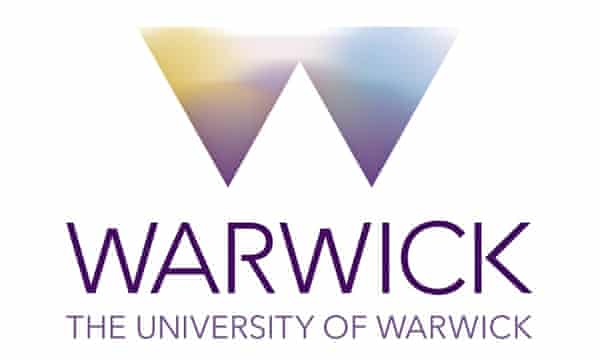University of Warwick Receives €1.45 Million to Investigate the Impact of Human Skills on Economic Development
Dr Federico Rossi, Associate Professor of Economics at the University of Warwick, is one of just 400 researchers across Europe to have been awarded a European Research Council (ERC) Starting Grant, to study which human skills are crucial for future economic development.
The grants are intended to support cutting-edge research in a wide range of fields, from medicine and physics to social sciences and humanities. The ERC say the funds are awarded to “help researchers at the beginning of their careers to launch their own projects, form their teams and pursue their best ideas.”
Dr Rossi has been awarded €1.45m for an ambitious five-year study, Human Capital, the Organisation of Production, and Economic Development – HUMANDEV for short.
He explains: “The ERC grant will allow me to kick-start a new research agenda on the role of human skills for the past and the future of economic development.
“There is a general sense among economists and policy-makers that the accumulation of human capital is key ingredient of economic growth, but we don’t have yet a clear understanding of which specific skills are particularly important, why their accumulation varies so much across countries and over time, and how exactly these skills transform the process of production.
“My project, HUMANDEV, will leverage micro-level data from many countries and new theoretical frameworks to shed light on these issues.
“A key objective of this work will be to provide insights on how educational and training policies can facilitate the adaptation to some of the most pressing global challenges of our time, such as population ageing, climate change, and technological change.
“I am extremely grateful to the ERC for supporting this endeavour.”
Commenting on the awards programme as a whole, ERC President Professor Maria Leptin said:
“It is part of our mission to give early-career talent the independence to pursue ambitious curiosity-driven research that can shape our future. In this latest round of Starting Grants, we saw one of the highest shares of female grantees to date, which I hope will continue to rise. Congratulations to all winners and good luck on your path to discovery.”
This competition attracted over 2,696 proposals, which were reviewed by panels of renowned researchers from around the world. The overall success rate was 14.8%. The grants are expected to create more than 2,600 jobs for postdoctoral fellows, PhD students and other staff at the host institutions.

